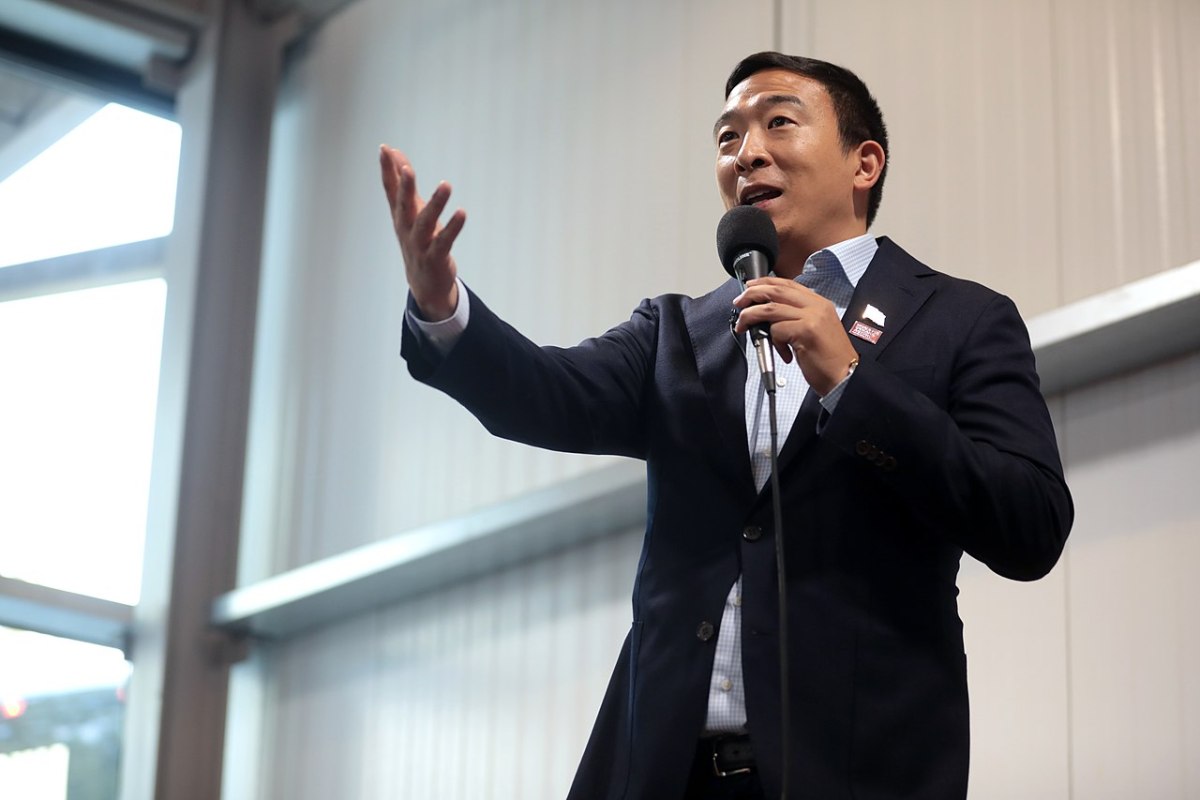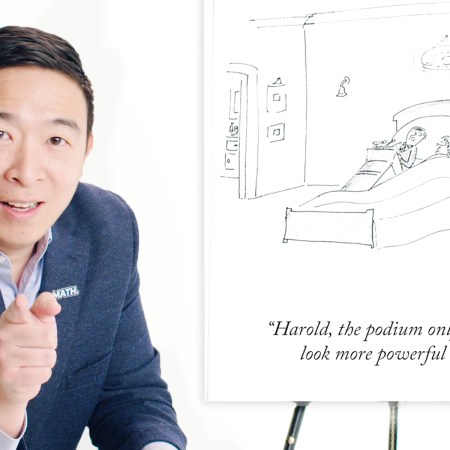Andrew Yang’s presidential campaign might be over, but his time in the public spotlight shows no signs of abating. And that’s not a bad thing at all — recent events have made his campaign platform calling for a universal basic income, or UBI, sound very prescient. There’s talk of him running for Mayor of New York City. And he’s begun making another persuasive argument that sits at the intersection of technology and populism.
Yang’s Data Dividend Project, or DDP, is an organization dedicated to the idea that massive technology companies should pay their users for their personal data. Writing at The Verge, Makena Kelly explored the rationale behind Yang’s argument, and found that it’s a lot more pragmatic than you might think.
DDP’s website offers a straightforward explanation of its goals:
DDP is not a political organization. It is a human movement to bring data rights back to the people. DDP seeks to recover the money that was made off of your data and to give it back to you–plain and simple. We will propose what is fair to our community, and members have the right to opt-out of deals or decide to remain in.
In practical terms, Kelly writes that this process involves making use of laws like the California Consumer Privacy Act, which went into effect earlier this year. The CCPA requests that businesses inform online users of their plans to monetize their data, and to allow them to opt out of said monetization.
When he spoke with The Verge, Yang spoke about the current system being thoroughly flawed. “We’re just presented with these terms and conditions. No one ever reads them,” he said. “You just click on them and hope for the best. And unfortunately, the best has not happened.”
With the DDP, Yang anticipates a day when users might be able to be paid regularly for their data — if they choose to opt in, of course. It’s not hard to see why this scenario sounds preferable to the status quo, for both ideological and practical reasons.
Subscribe here for our free daily newsletter.
Thanks for reading InsideHook. Sign up for our daily newsletter and be in the know.

















